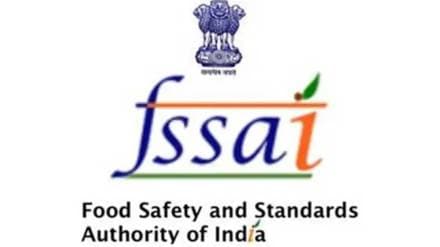The Food Safety and Standards Authority of India (FSSAI), which has identified microplastic pollution as an emerging threat requiring rapid response, has initiated a project to address the growing problem of microplastic contamination in food. The project titled ‘Micro-and Nano-Plastics as Emerging Food Contaminants: Establishing Validated Methodologies and Understanding the Prevalence in Different Food Matrices’ commenced in March of this year, according to an official statement.
With this, FSSAI aims to evaluate the prevalence and exposure levels of micro- and nanoplastics in India and to develop and validate analytical methods for their detection in different food products. “The primary objectives of the project include developing standard protocols for micro/nano-plastic analysis, conducting intra- and inter-laboratory comparisons, and generating critical data on microplastic exposure levels among consumers,” FSSAI said.
The ICAR-Central Institute of Fisheries Technology (Kochi), the Birla Institute of Technology and Science (Pilani), and the CSIR-Indian Institute of Toxicology Research (Lucknow) are among the top research institutes in the nation working together on this project.
The Food and Agriculture Organisation (FAO) has drawn attention to the existence of microplastics in everyday food items like salt and sugar in a recent report, the Food and Agricultural Organisation (FSSAI) noted. “While the report underscores the global prevalence of microplastics, it also emphasises the need for more robust data to fully understand the implications for human health and safety, particularly in the Indian context,” the regulator said.
According to the FSSAI, it is dedicated to making sure Indian customers have access to wholesome and safe food.
Even while research conducted worldwide have shown that microplastics can be found in a variety of foods, the FSSAI stated that it is crucial to produce trustworthy data that is unique to India. “This project will help understand the extent of microplastic contamination in Indian food and guide the formulation of effective regulations and safety standards to protect public health,” the regulator said.
(with inputs from PTI)
